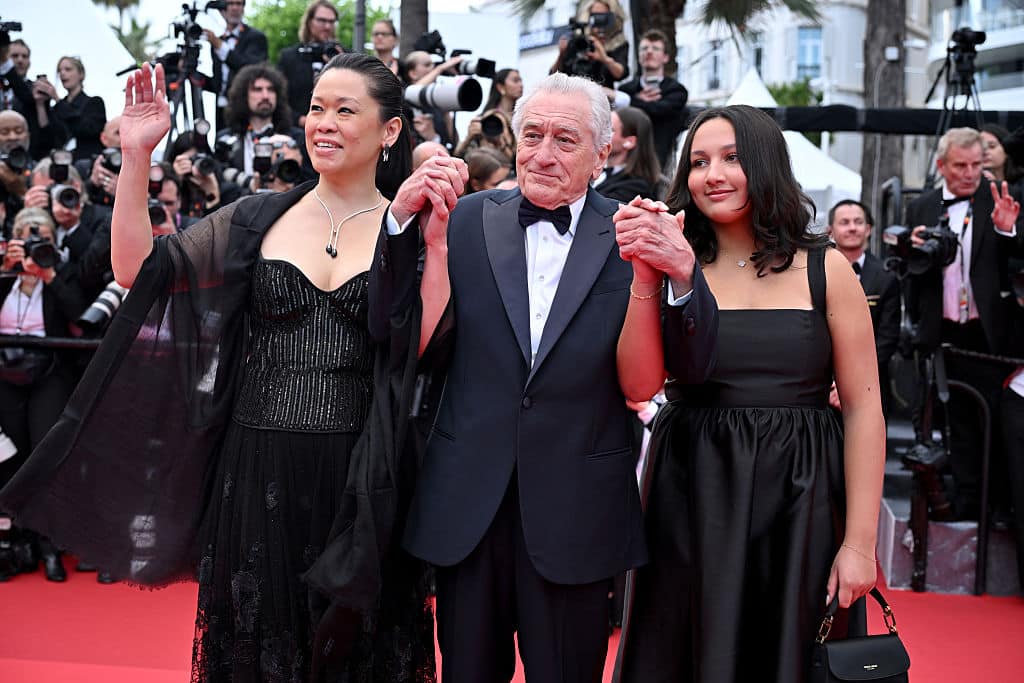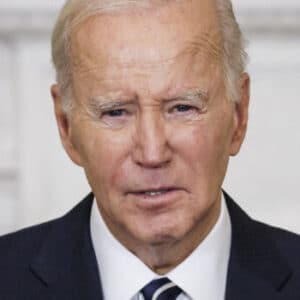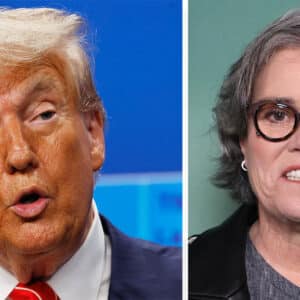At the Cannes Film Festival, Robert De Niro drew headlines not only for receiving the honorary Palme d’Or for lifetime achievement but for making a bold political statement that reverberated far beyond the red carpet.
The legendary actor, director, and producer, now 87, was honored during the opening ceremony of the 78th Cannes Film Festival on May 13, 2025. But his moment in the spotlight wasn’t limited to the award itself—De Niro used his acceptance speech to take aim at former President Donald Trump in a pointed and passionate address.
Arriving at the Palais des Festivals, De Niro was joined by his 45-year-old girlfriend, Tiffany Chen, and his daughter, Helen Grace. The family made a striking appearance, and the milestone moment was made even more significant by the fact that Leonardo DiCaprio presented him with the award. It was a full-circle moment, as De Niro had served as Jury President at the same festival back in 2011.
The speech that followed was anything but predictable.

“In my country, we are fighting like [expletive] for the democracy we once took for granted,” De Niro began, his tone serious. “That affects all of us here because the arts are democratic.”
Without naming Trump outright at first, he made his target clear by referencing recent developments in the U.S. political and cultural landscape. “America’s philistine president has had himself appointed head of one of our premier cultural institutions,” he said, pointing to Trump’s appointment as chair of the John F. Kennedy Center for the Performing Arts.
He didn’t stop there. De Niro expressed outrage over what he described as a sustained attack on the arts, humanities, and education, referencing Trump’s proposed 100% tariff on foreign films. “Let that sink in for a minute,” he said, pausing to let the weight of the statement land.
He warned that these moves were not isolated or purely domestic in impact. “All these attacks are unacceptable. And this isn’t just an American problem, it’s a global one,” De Niro said.
His message concluded with a call to action that echoed through the theater. “Like a film, we can’t just all sit back and watch. We have to act, and we have to act now—without violence but with great passion and determination. It’s time for anyone who cares about liberty to organise, to protest, and when there are elections, of course, to vote.”
The reaction was swift and intense.
On social media, users voiced a wide range of opinions. Platforms like TikTok and YouTube were flooded with clips and comments. Some praised De Niro’s courage, calling the speech “powerful” and “a call to arms to protect education and the arts.” One user wrote, “An actual American, who cares about America and the rest of the planet that we all reside on!”
Others weren’t as supportive. Comments like “Shame on him,” and “This guy is insane. Out of touch completely,” surfaced, particularly on Facebook. Still, there were those who defended him with equal conviction: “Very well said. Powerful speech,” and “We need to take this seriously and fight back.”
The speech didn’t just make a splash in the media—it reignited debate around political activism in the arts, especially at an international event like Cannes. Whether seen as brave or provocative, De Niro’s words left no one indifferent.
As the dust settles, the question remains: Did Robert De Niro use his platform for necessary truth-telling—or did he push the boundaries too far? The world, as always, is watching—and commenting.





